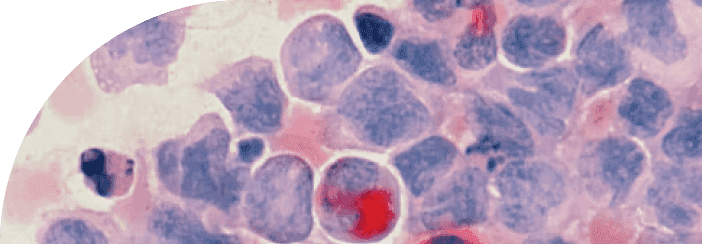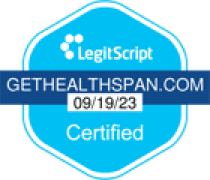.png?u=https%3A%2F%2Fimages.ctfassets.net%2Fzvzqa1d1gh0f%2FS2NQwEGVUy4XpD6WReTme%2F76cb52fc8368ba1985fe3b7311c1828e%2FSlide_16_9_-_1__2_.png&a=w%3D223%26h%3D110%26fm%3Dpng%26q%3D75&cd=2023-07-25T23%3A20%3A02.056Z)
Breaking Down the Science of Longevity: A Discussion with Healthspan's Founder and CEO, Daniel, on the Wise Athletes Podcast
In a recent episode of the Wise Athletes Podcast, Healthspan's founder and CEO, Daniel, shared his story. He talked about how his research on mTOR-driven aging and his wife's lymphoma relapse led him to create Healthspan. Daniel also explained the scientific research that informs the rapamycin protocol offered by Healthspan.
rapamycin
2 mins
By: Zain Fahimullah
In a recent episode of the Wise Athletes Podcast, Healthspan's founder and CEO, Daniel, shared his story. He talked about how his research on mTOR-driven aging and his wife's lymphoma relapse led him to create Healthspan. Daniel also explained the scientific research that informs the rapamycin protocol offered by Healthspan.In the podcast, he discusses:
His background in studying mTOR inhibitors as potential interventions for neurodegenerative diseases.
How his wife's lymphoma relapse pushed him to start a telemedicine clinic focused on mTOR dysfunction, cellular senescence, and metabolic dysfunction.
The three fates of a damaged cells and how damaged senescent cells compound tissue decline over time.
Dr. Mikhail Blagosklonny's foundational theory of cellular hyperfunctions and its implications for mTOR-driven aging and the usage of rapamycin.
Exploring the relationship between mTOR overactivity and anabolic resistance, and examining the potential benefits of using rapamycin to restore sensitivity to muscle growth stimuli.
The safety profile of rapamycin—what the Mannick study tells us about rapamycin and immune function and what the blood test of Healthspan's patients on the rapamycin protocol reveals.
The limitations of anti-aging drugs and the importance of lifestyle interventions to increase healthspan.
Please check out the Wise Athlete Podcast. You can listen to the podcast on the following platforms:
Latest Longevity Research Straight to your Inbox
Sign up for The Longevity Blueprint, a weekly newsletter from Healthspan analyzing the latest longevity research.





